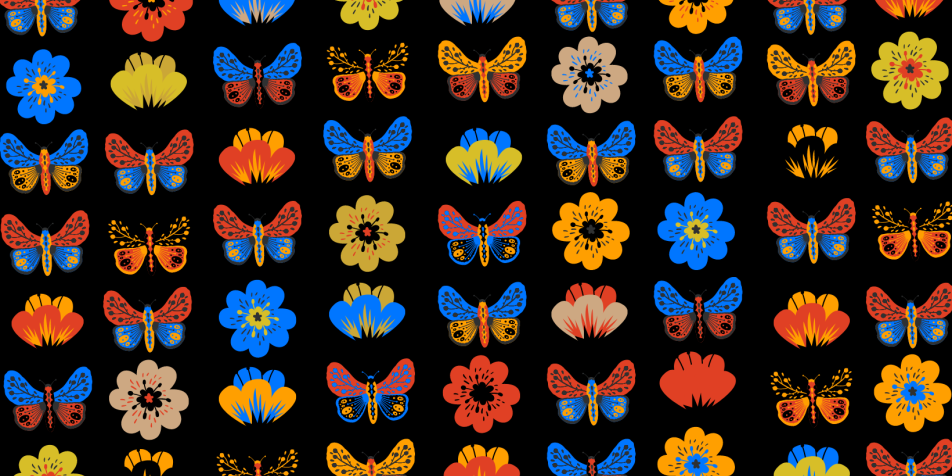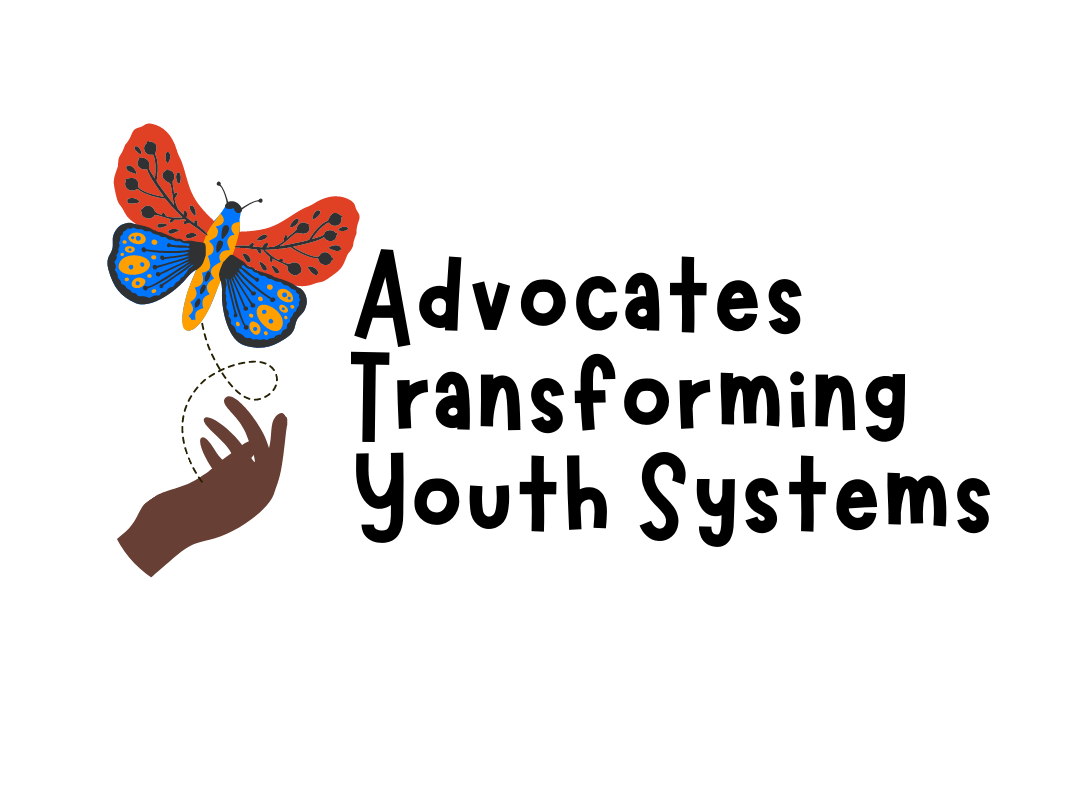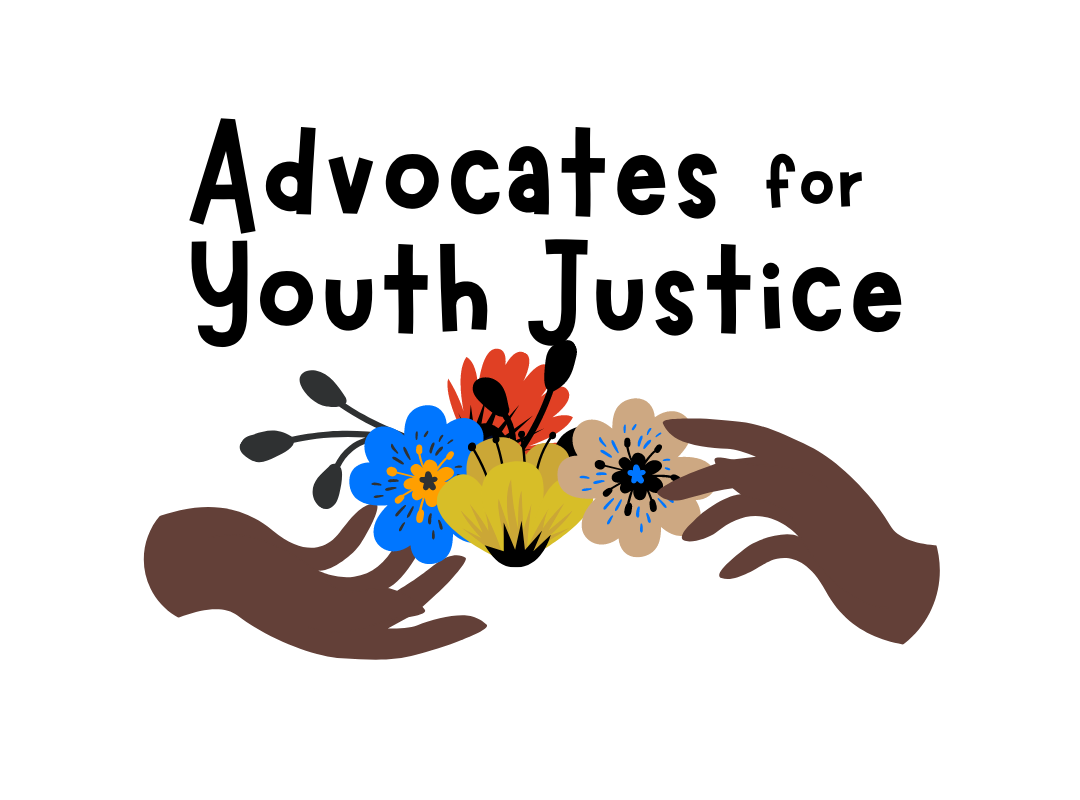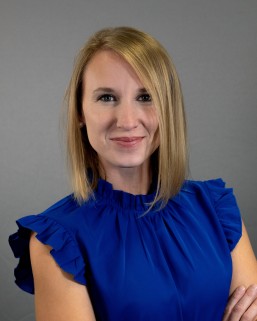The Power of a Name: a Youth-Led Exploration of Identity

Names represent a person’s identity, our cultural origins, history, and in some instances how the world sees us. Names, like all words, are used to label or describe things and affect our perceptions, which inevitably impacts how we experience the world around us. The history of language is also particularly important when identifying or speaking about individuals or communities, especially for communities who have been the most marginalized. Particularly for marginalized communities it can be extremely damaging when certain words are used to describe or stereotype them without fully grasping the historical significance of these harmful words.
Recognizing the need to reexamine our own use of language, our Youth Advocacy Program decided to embark on the journey to examine our program language with our young leaders. We wanted to develop a process where our youth advocates felt they could reclaim ownership over the program names and develop something that truly resonated with them.
In 2008, Juvenile Law Center launched two youth advocacy groups called Juveniles for Justice (J4J) and Youth Fostering Change (YFC). Both names were adopted and used for groups working directly with youth impacted by the juvenile justice and child welfare systems. Our programs continue to grow and evolve, creating lasting impact nationwide. Throughout our evolution, we’ve begun to explore the history of narratives of communities most impacted by carceral systems, and this includes, examining the use of dehumanizing language used to describe children, teens, and young adults in systems. Thus, in the beginning of 2021, our Youth Advocacy program, including staff, youth advocates and alumni decided to rebrand.
Our Youth Advocacy staff, in collaboration with our communications team, created a participatory process where youth advocates from both programs, could create their own name, and aid in designing their new logos. We wanted a process co-led by youth, where they could create an identity that they were proud of. We recognize how powerful language is and how it can contribute to an individual or community's well-being. Particularly in communities most impacted by the child welfare and justice systems, it can be extremely damaging when certain words are used to describe or stereotype without fully grasping the historical significance of these harmful words. We acknowledge the unjustified, demonizing, and archaic terms and actions used to emotionally and physically “cage” marginalized groups. In our goal to reclaim our narratives and reshape how the world views and talks about marginalized youth, we began discussions with youth advocates around the words used within these harmful systems. We examined, words like “juvenile "and, “inmate”, in addition to many other criminalizing and dehumanizing words used as nouns to describe communities. These words have a profound effect on young people.
Throughout this process, youth advocates shared the trauma and negative impact that harmful words have had on their individual and collective community’s lives. They talked about the use of words like “juvenile” as a nouns to describe them as children, and the stigma it holds for them. We also examined other research, including the history of unjustified myths like the “Superpredator” concept, coined by John Dilulio, a professor of politics and public affairs on the political science faculty at Princeton University. He characterized youth of color as a “new breed” of offenders, “kids that have absolutely no respect for human life and no sense of the future. . . These are stone-cold predators!”. Harmful descriptions such as these misrepresent and perpetuates oppressive behavior that needs to end.
We also utilized the Marshall Project’s "The Language Project” in this work. The Language Project truly served as a guide to us and it was so powerful for our staff and young people to hear stories from other people with lived experience in the system discussing the impact of the words, and advocating to avoid dehumanizing labels, and instead recommending better and “person-first” language – for example, saying a “youth in prison” versus “incarcerated youth.”
After extensive review, many dialogues, and word smithing with our youth advocates, our youth advocates came to the beautiful conclusion to select Advocates for Youth Justice and Advocates Transforming Youth Systems as their new program names.
This process has been so informative for our program, and it has been validating to see members from both groups so supportive of each other’s decision for their final names. It only made us feel even greater as we started the process with our Communications team to recreate new logos that represent our new program names. In the process of designing new logos, our youth expressed wanting images that were joyful, bold, and would show that we have a supportive program. They wanted other youth to see them, and immediately, see that this is a space for people impacted by systems, to advocate, and access the resources they need. They had a clear vision of logos that would reflect their work- a powerful, healing, peer led space. We hope that everyone can see and feel our young people’s vision with our new names and logo designs.
We are proud of where we have come and where we are headed as a program. We understand more the human impact of the words we choose and how specific language has created false and harmful narratives about communities that are deeply rooted racial and cultural divides. We hope as we continue evaluating ourselves and the world around us, we are showing others how to have more empathy and understanding of communities and the challenges they face, particularly for youth and families most impacted by these systems. We believe that having an opportunity to rebrand only created more space for understanding and promoted healing and learning for us all. As advocates fighting for change, we know there is power in a name, and we want our impact to promote positivity and power. We want names young people are proud of. We are excited to introduce Advocates for Youth Justice and Advocates Transforming Youth Systems.
Here are our new Logos!


